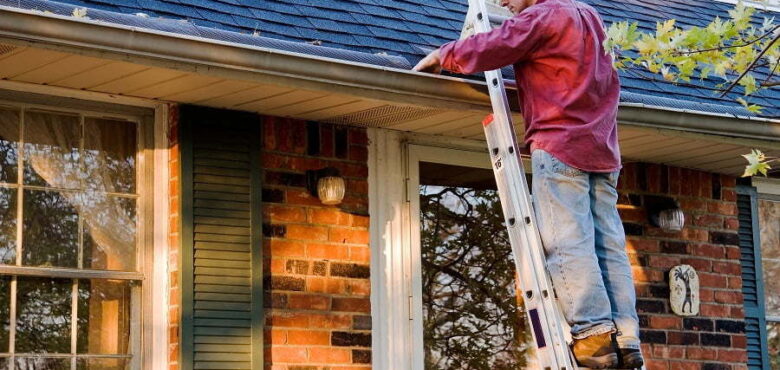Category:

- November 22, 2022
Is It Worthwhile to Own Your Own Home?
One common aspiration is to one day own a home and be free from the constant threat of eviction from a landlord or the inconvenience of having to relocate due to necessary repairs. Additionally, unlike renters, homeowners can stop worrying about contributing to the property’s cost after the mortgage is paid in full. Everything you need, from groceries to rent, is covered. Is it still worthwhile to acquire a property given the high price tag and the increased competition for available homes? This post will discuss our rationale for believing that the effort required is, ultimately, worthwhile.
Cost
When you buy a house, you not only need a deposit (typically 10%, but it may be lower), but also upfront costs. These are typically given to your realtor as payment for helping you sell or buy a home, or with your relocation. Many homebuyers are caught off guard when their realtor discloses these costs.
Despite the fact that these fees may be more of a hindrance than anything else, it’s well worth digging deep into your wallet to pay for them because, when all is said and done, you’ll be a homeowner and can begin making memories in your new residence.
Location
Choosing a new community to call home might be challenging if you’re planning to buy a house far from your current area. In such a case, if the idea of moving to a new country is appealing to you, you should look into it.
If you want to remain in the area, visiting a realtor can tell you what kinds of homes are available and how much you’ll need to save up to buy the house of your dreams.
You may be surprised to learn that you have the freedom to choose your own neighborhood, but consider that those who typically rent don’t have that luxury.
Upkeep
The ongoing cost of maintaining a home is another deterrent to home ownership. Repairing your own home after an accident is your responsibility. Unless it’s on a private driveway, in which case it’s fine. If your boiler, for instance, stops working, you’ll need to replace it yourself or pay someone else to do it. Obviously, this can be expensive, which could be an issue if your income is barely covering your basic living expenses.
Set up a savings plan with your bank for emergencies like this one. These days, most banks have a savings product that might help you meet your savings goals. As an alternative, you might save as much as you can each month to have cash on hand for any unexpected maintenance costs that may arise.
The fact that this turns people off is, again, a double-edged sword. This is so that if and when repairs are necessary, they can be made to the highest standard possible, hence reducing the likelihood that you will need to pay for them again in the near future. In contrast, if you rented, your landlord might skimp on repairs and retain the additional money.
Conclusion
Though property ownership comes with a number of drawbacks, it’s easy to find workarounds in the long run. For example, if you make sure you have property insurance, you might well be able to use it to pay for some repairs, especially if they were caused by a natural catastrophe or a robbery. While it may be challenging at first, having the equity in your house to use whatever you see fit in the future is well worth the effort now.

